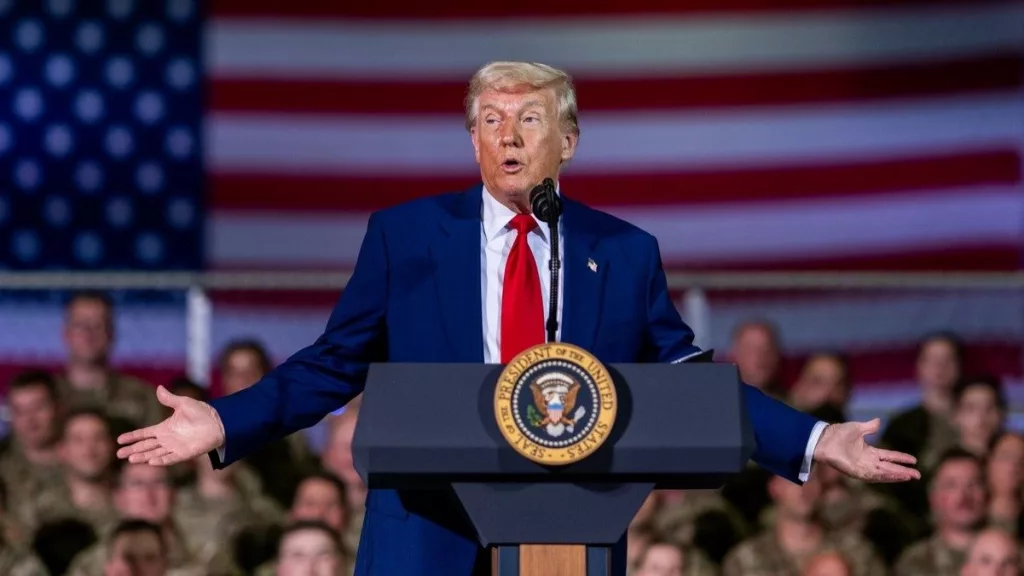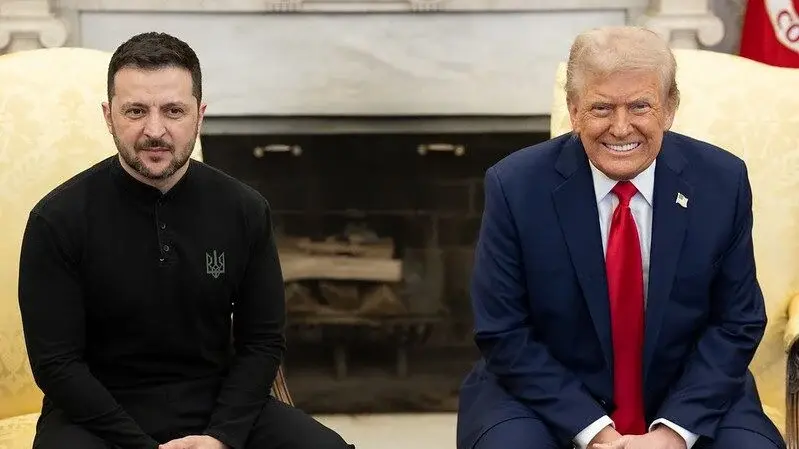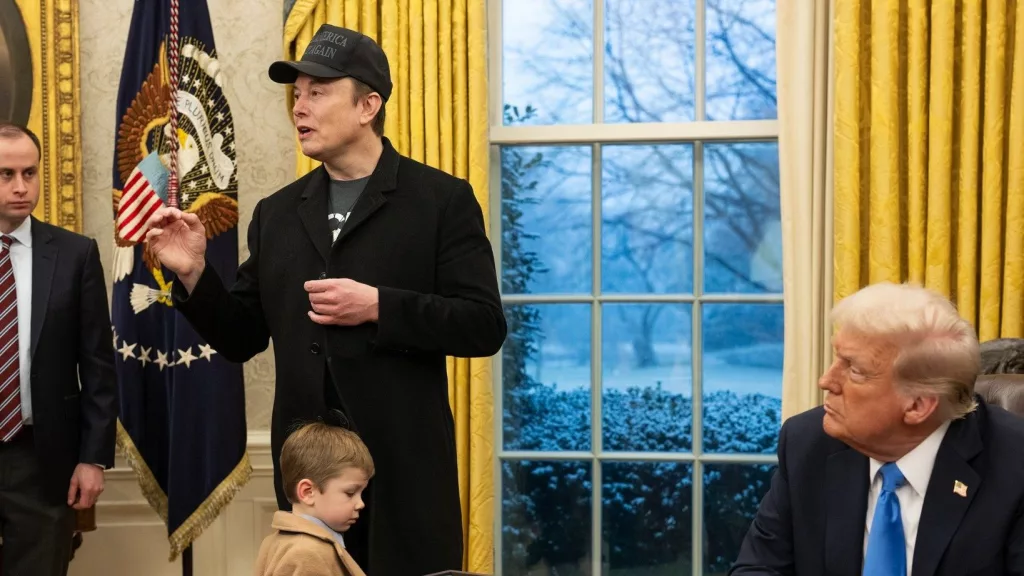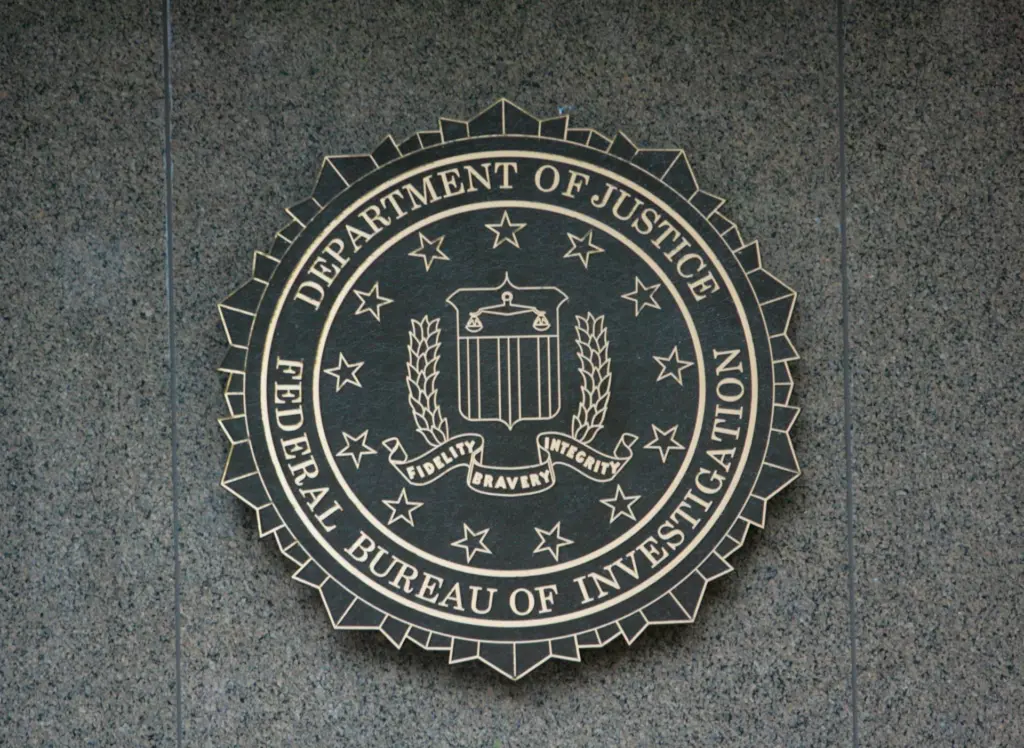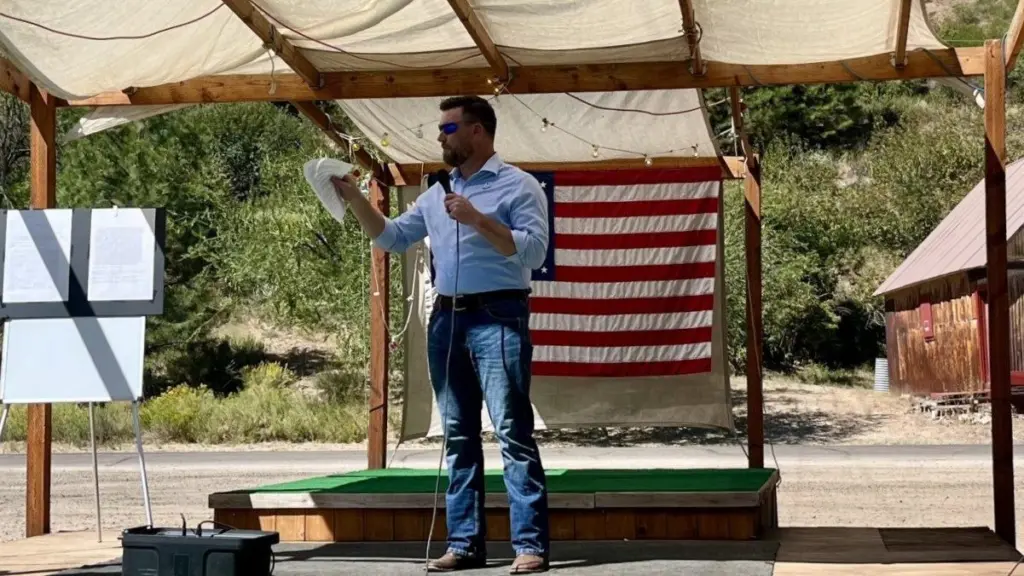Washington, D.C. A lower court’s decision requiring the Trump administration to use congressionally approved foreign aid funds was rejected by a federal appeals court on Wednesday.
However, in a potentially landmark ruling, the Circuit Court ruled that the organizations that filed the case lacked the authority to do so, ignoring the lawsuit’s main contention that a president cannot refuse to spend funds authorized by lawmakers, who control the purse.
In her 33-page ruling, Judge Karen LeCraft Henderson stated that when a president impounds, or refuses to spend, monies that have been approved by Congress, the only person with the authority to file a case is the comptroller general, who heads the Government Accountability Office. Working for Congress, the GAO is a nonpartisan, independent watchdog organization.
We don’t have to discuss whether the administration violated the Constitution by limiting Congress’s spending authority through purported violations of the 2024 Appropriations Act, the ICA, and the Anti-Deficiency Act since the grantees don’t have a cause of action, Henderson wrote. Through the Impoundment Control Act (ICA), the president can legally postpone or refuse to provide cash.
A few years after President Ronald Reagan nominated Henderson as a federal district judge in 1986, President George H.W. Bush nominated her to the Circuit Court in 1990.
Henderson stated that, for a number of reasons, she and Judge Gregory G. Katsas—who was President Donald Trump’s nominee—came to the conclusion that the district court had misused its discretion in issuing a preliminary injunction.
Republican state attorneys general supported the Trump administration, while Democratic state attorneys general filed amicus papers in the case. On Inauguration Day, Trump issued an order halting some foreign aid spending, which sparked the litigation.
Henderson stated that hundreds of grant awards were suspended or terminated by USAID and the State Department in a matter of weeks.
In a 46-page dissenting opinion, Judge Florence Y. Pan—who was nominated by President Joe Biden—argued that the decision made by her two colleagues was defective both substantively and procedurally.
Pan said that it is our duty to hold the President accountable when he breaks the law and goes beyond his constitutional bounds. Here, we fall short.
Pan stated that she disagreed with the majority’s view that Trump’s decision to withhold some foreign aid payments was merely an Impoundment Control Act violation that the Comptroller General ought to handle.
Pan said that the President’s breach of the Impoundment Control Act in this instance is a sideshow. He was actually refusing to pledge the monies in disobedience of Congress, as evidenced by his reluctance to follow the processes outlined in that Act, which gave the President a legal way to try to detain the funds.
Earlier this year, the Trump administration invoked the Impoundment Control Act to ask Congress to revoke $9.4 billion in funding for the Corporation for Public Broadcasting and other foreign aid initiatives.
In mid-June, the House approved the complete proposal with a largely party-line vote.
After maintaining full funding for the President’s Emergency Plan for AIDS Relief, or PEPFAR, Senate Republicans approved the bill in July.
Just before a 45-day period ended, House GOP members then approved the bill for Trump’s signature.
In social media posts, a number of Trump administration officials applauded the Circuit Court’s decision, including Attorney General Pam Bondi and Russ Vought, Director of the Office of Management and Budget.
According to Bondi, the DC Circuit overturned an order directing President Trump to spend tax cash on unnecessary overseas aid initiatives in a 2-1 decision. We will keep up our effective defense against judicial overreach of the President’s essential powers.
According to Vought, the decision was a huge victory!
In a statement, an OMB official said the decision was a win for the White House.
The spokesperson wrote that radical left dark-money organizations have been taking over U.S. foreign policy through the legal system. The ruling today prevents these private organizations from nefariously interfering with the President’s capacity to manage foreign aid and spend responsibly in a way that is compliant with the law and consistent with his America First goals.
In a statement, Public Citizen Litigation Group lawyer and lead counsel on the case Lauren Bateman said the court’s decision was a major blow to the rule of law and might further erode fundamental separation of powers principles.
We will continue our case to obtain permanent relief from the Administration’s illegal termination of the great majority of foreign assistance, and we will ask the court for additional consideration. Meanwhile, the Administration’s inexcusable choice to deny life-saving aid to the world’s most vulnerable would cause innumerable individuals to suffer from illness, malnutrition, and death.
The Daily Montanan was the first to publish this story.
